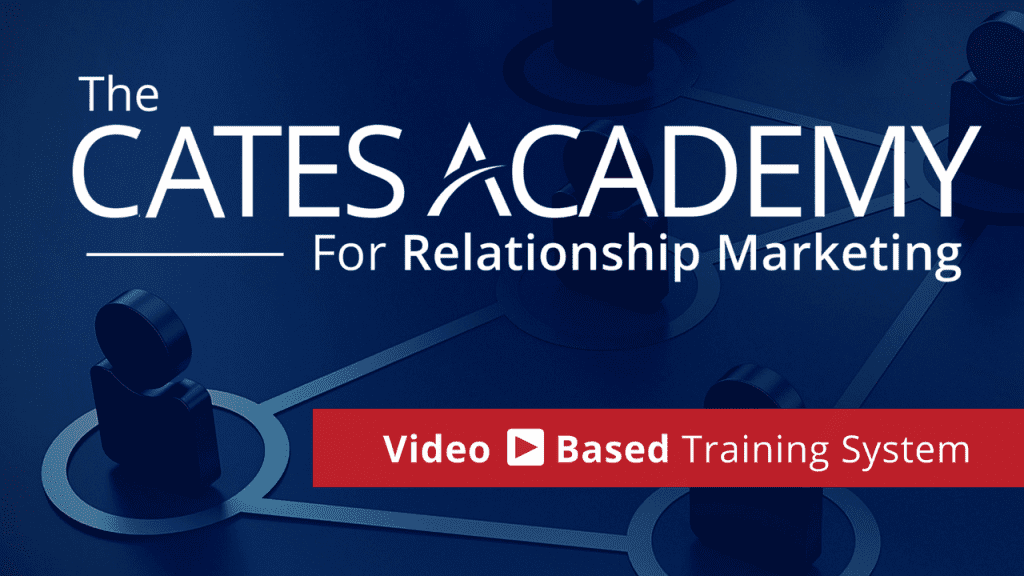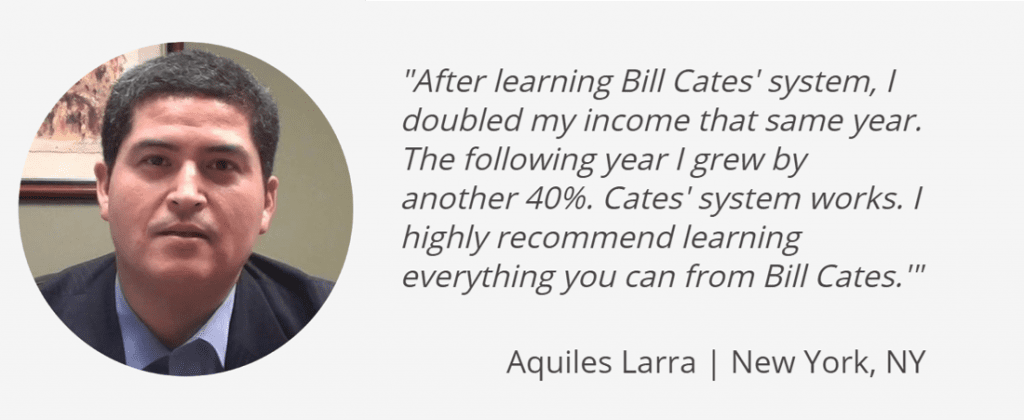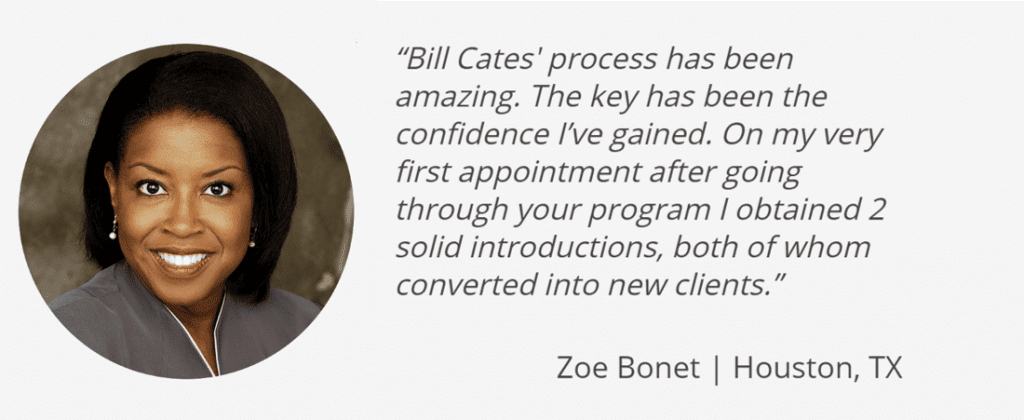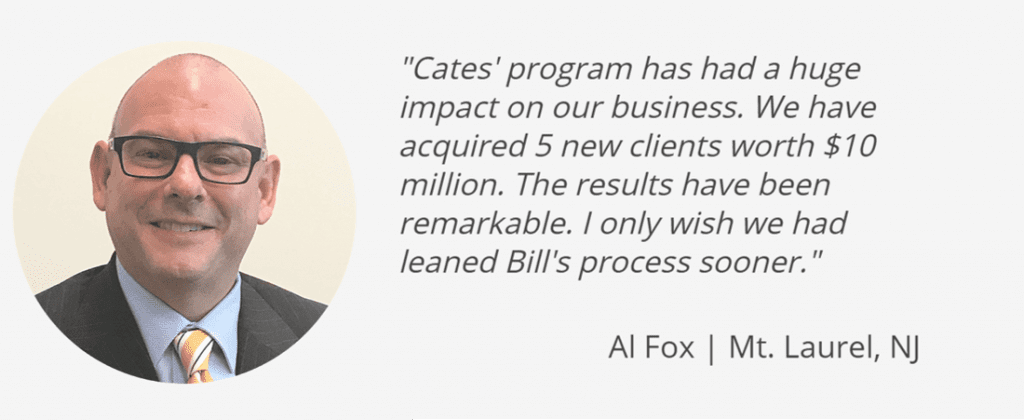7 Keys to Creating Loyal Advocates

Studies have proven that while most satisfied clients are loyal, there is a low correlation between client satisfaction and providing referrals, a.k.a., advocacy.
Your engaged clients will give referrals without asking, make better introductions, and become advocates.
There are two primary components of client engagement:
- The Value Connection – Your prospects and clients experience your value such as the things you teach, the questions you ask, the clarity of your message, the responsiveness of your service, and the personalization and clarity of your recommendations.
- The Personal Connection – Your prospects and clients like you and trust you – not only because of the Value Connection, but because you are an active and thoughtful listener, you talk about why you believe in the work that you do, you take a genuine interest in them, their goals, their concerns, their family, their business, etc. You are genuinely curious about them.
With this “definition” of client engagement in mind, here are 7 strategies and tactics you and your team can use to enhance your ability to create client loyalty and advocacy. You’ll see that they are mostly in the form of questions for you and your team to consider.
- First Impressions
What experience does a potential client get when they reach out to you or someone on your team? How do you look and sound on Zoom? Good sound? Good lighting? Good camera angle? What is your standard for your response time? If they come to your office, how are they greeted? Yes, you can overcome a weak first impression, but why would you want to start in a hole?
- Personalize Your Connections
You’ve heard the expression, “Your clients don’t care how much you know until they know how much you care?” One of the easiest ways to demonstrate this caring attitude is to do a little research on them before you meet with them. Ask your referral source about them. Visit their social media pages to see what that reveals.
- Friction in Your Processes
From a physics standpoint, friction is darned important in holding our world together. From a client perspective, it’s not a good thing. You and your team are so close to your processes that you may not be able to tell if something is confusing, inconvenient, or even annoying to your clients. So, take the time to ask them. Create an environment for clear and transparent feedback. - Step Into the Complaints
Are you and your team well-trained in how to respond to client complaints? Is it possible that you or they can become defensive without even realizing it? Does everyone see complaints as opportunities to build a stronger relationship? When you detect some dissatisfaction or annoyance with your client, are you willing to step into a conversation with them or do you ignore it, hoping it will go away? (It will, along with their business.)
A client relationship that’s had a problem and been handled well is a stronger relationship than one that’s never had a problem.
- Allow Enough Time
Don’t overschedule yourself. Think through how much time you’ll need for a particular kind of call or meeting and then add some buffer time. Your clients will appreciate you not being rushed. No one minds a meeting ending early. The extra time will allow you to process your notes or get ready for your next appointment.
- Always Act in Your Clients’ Best Interest (Always)
Even if you’re not a fiduciary, always do what’s best for the prospect and the client. If you don’t have the right product or service for them, don’t sell them into something that’s wrong for them. If you’re particular about who fits your business, don’t take on clients who don’t fit your business. In addition to your team members, have relationships with other professionals who you can bring into the conversation when it’s right for the client.
The work you do for your clients is life-changing for them and will often impact many other people in their lives, even into future generations. Don’t take on clients you can’t serve exactly as they need to be served.
- Appreciate a Lot
How often are you and your team saying “thank you” to your clients? Do your clients feel genuinely appreciated? If this doesn’t come naturally to you, make sure you have at least one team member who is always thinking about how you and everyone on your team express their appreciation for your clients. Without your clients, you have no business. Appreciation and gratitude turn loyal clients into advocates.
I recommend you find a way to take the items on this list – along with any more you can think of – and create your firm’s Standards of Service. Create a checklist for behind-the-scenes. Make it look nice and show it to your clients. Ask your clients what they’ve experienced from other service providers that might help you create an even better client experience.
Find this message helpful?
Don’t keep it a secret!
Virtual Referral Training is Here
Are you ready to grow your business … and change your life?
You can learn and implement our proven process while working from home or not seeing clients and prospects face to face.
Get the details and join us: www.CatesAcademyIndividuals.com








